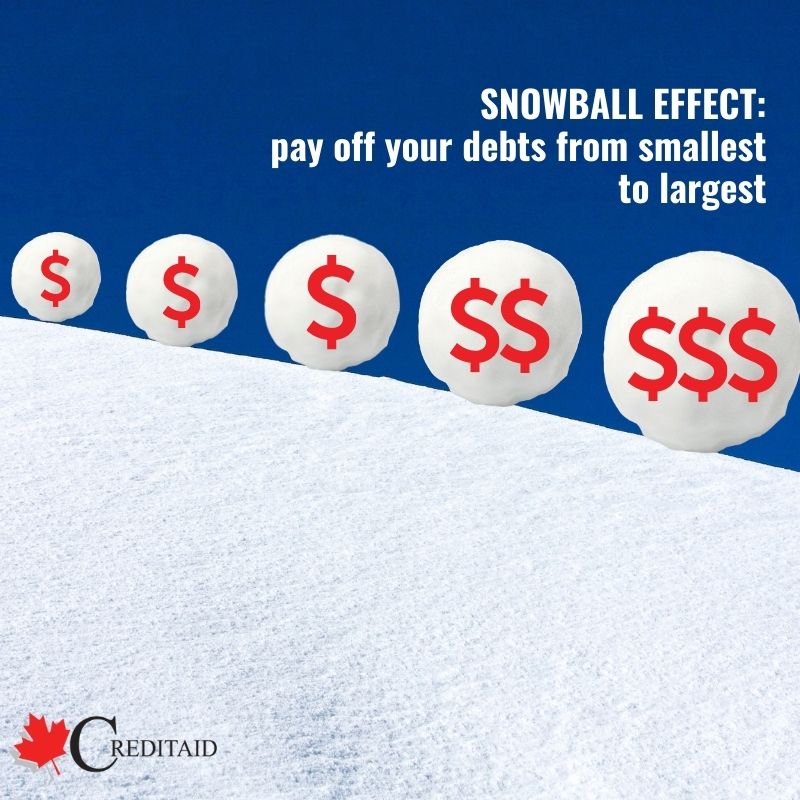Exchanging vows is exciting, but when reality kicks in and you have to combine your finances, you might wonder what you’re responsible for regarding your spouse’s finances.
If your spouse entered the marriage with a lot of debt, is it now your debt, or are you off the hook?
Marriage and Debt
The good news is that when you marry your spouse, you don’t marry their debt.
Phew!
If your spouse entered the marriage with debt solely in his/her name, it does not affect you. However, once you are married, different scenarios can affect what you owe.
How do you Get Joint Debt?
So how do you become responsible for your spouse’s debt? Here are three scenarios.
You Borrowed Debt Together
This is a common scenario. For example, if you and your spouse borrowed money together to buy a house or car or open a credit card together, you are both responsible. Likewise, if both spouses are on the application and the creditor used both spouses’ information to approve the loan, you are both equally responsible.
If one partner is responsible for paying the bills and misses a payment, it negatively affects both partners’ credit.
You Were a Co-Signer
If you co-signed for your spouse’s debt either during the marriage or before, you could be responsible for the debt. When you co-sign, you say you’ll take responsibility for the debt if the application doesn’t make the payments.
A co-signer helps the applicant get approved for a loan. When you co-sign, you let the lender pull your credit and use your income to help qualify for the loan.
It doesn’t matter if you are married or not; the debt is yours if the applicant doesn’t pay it because you agreed to the terms.
You Guaranteed a Loan
If you guaranteed a loan for your spouse before or after marriage, you could be responsible for the debt.
You aren’t on the application when you guarantee a debt as a co-signer. Instead, you are on there to guarantee the applicant’s past credit history and mistakes are taken care of, and they are good to handle the debt.
Like a co-signer, if they don’t pay the debt, you become responsible for it. So there is a risk in guaranteeing a loan, but if you know your spouse is good for the debt, you may feel comfortable doing it.
Final Thoughts
Handling your spouse’s debt can feel overwhelming, even if you are not responsible. If you join finances, you might worry about where your money goes or how you will achieve your financial goals.
If you feel like you are in over your head in debt, or don’t know how to handle your spouse’s debt, consider a free credit counseling consultation. You will learn your options on how to handle the debt and then how to handle your finances moving forward.
Rather than blaming one another for the debt or letting it ruin your marriage, let’s look at everything and help you move forward!











